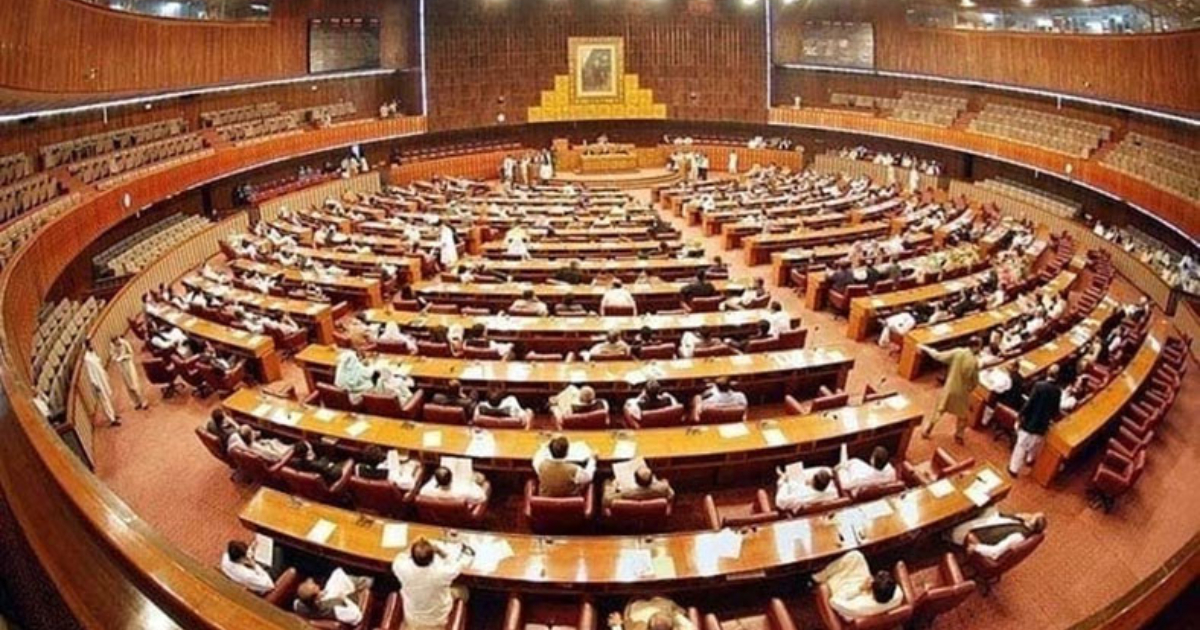The recent rejection of a bill proposing public hanging for rape convicts by the Pakistani National Assembly has sparked widespread debate and reflection on the country’s approach to addressing the issue of sexual violence. The proposed legislation, introduced by a member of the opposition party, aimed to deter perpetrators by imposing a harsh and public punishment for their crimes. However, the bill faced strong opposition from various quarters, including human rights activists, legal experts, and government officials, leading to its ultimate dismissal.
The rejection of the bill reflects a broader conversation within Pakistani society about the efficacy and morality of capital punishment, particularly when applied to cases of sexual violence. While proponents of the bill argued that public hangings would serve as a deterrent and deliver swift justice to victims, opponents raised concerns about the potential for miscarriages of justice, the violation of human rights, and the perpetuation of a culture of violence.

SOURCE:- INDIA TODAY
Human rights activists have long argued against the use of capital punishment, citing its irreversibility and the risk of executing innocent individuals. They emphasize the need for a comprehensive approach to addressing sexual violence that focuses on prevention, survivor support, and the reform of legal and judicial systems to ensure accountability and justice.
SOURCE:- BBC NEWS
Moreover, legal experts have pointed out the constitutional and procedural challenges associated with implementing public hangings. Pakistan’s legal framework, influenced by international human rights standards and commitments, prohibits cruel and unusual punishment and guarantees due process and fair trial rights. Introducing legislation that violates these principles would not only be unconstitutional but also undermine the country’s international standing and commitment to human rights norms.
Government officials, while acknowledging the urgency of addressing sexual violence, have emphasized the importance of evidence-based policymaking and the need to consult with relevant stakeholders, including legal experts, human rights organizations, and survivors’ groups. They have called for a holistic approach to tackling the root causes of sexual violence, including gender inequality, social norms, and systemic flaws in law enforcement and judicial systems.
The rejection of the bill has also reignited discussions about the need for comprehensive legal reforms to strengthen protections for survivors, improve access to justice, and ensure accountability for perpetrators. Lawmakers have been urged to prioritize the passage of legislation that addresses gaps in existing laws, such as the definition of consent, the collection and preservation of evidence, and the provision of support services for survivors.
Overall, while the rejection of the bill represents a setback for proponents of public hanging as a deterrent for sexual violence, it also provides an opportunity for a more nuanced and evidence-based approach to addressing the complex issue of sexual violence in Pakistan. Moving forward, policymakers, civil society, and the broader public must engage in constructive dialogue and collaboration to develop solutions that prioritize the rights and well-being of survivors while holding perpetrators accountable through fair and effective justice systems.
Share your views in the comments

